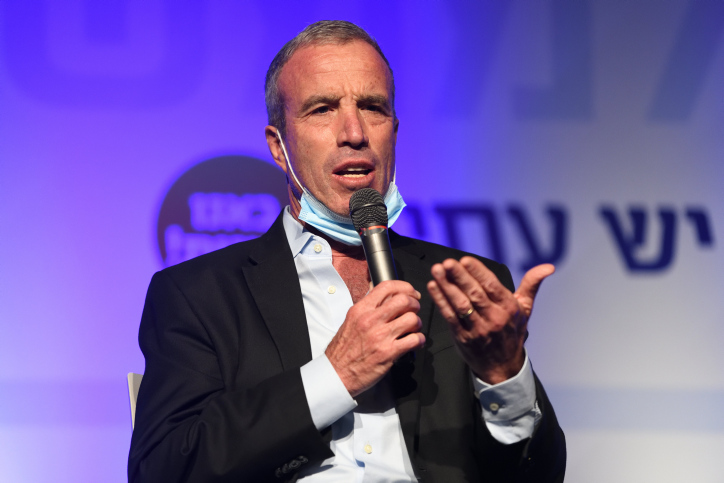Intelligence Minister Warns Syria Must Not Have Chemical Weapons

Israel’s intelligence minister said Tuesday that Syria cannot be allowed to obtain chemical weapons, after a report emerged that Israel targeted the country’s chemical weapons facilities.
In an interview with Israeli Army Radio, Elazar Stern would not directly comment on the report in the Washington Post that said that Israel struck Syria on two occasions — once this year and once last year — in a bid to block attempts to rebuild its chemical weapons stockpile. But Stern, a retired military general, hinted that Israel could not accept such weapons in the hands of its enemy to the north.
“We have a neighbor who has already proved that it doesn’t hesitate to use chemical weapons even against its own people,” he said. “(Syrian President Bashar) Assad must not have chemical weapons.”
Israeli officials have declined to comment on the Washington Post report.
Military affairs commentators in Israel, who often are briefed by top defense officials, said the timing of the report was not a coincidence and comes as negotiators are meeting with Iran in Vienna to try to revive a 2015 nuclear deal.
Iran has close ties with Syria and has sent troops to back the forces of Syrian President Bashar Assad in his country’s decade-long civil war.
“It was a signal to all of the actors, Iran and the United States, that Israel is serious about acting against the development of non-conventional weapons by its enemies,” wrote Yossi Yehoshua in the Yediot Ahronot daily.
Syria joined the Chemical Weapons Convention in September 2013, pressed by Russia after a deadly chemical weapons attack that the West blamed on Damascus. By August 2014, the Assad government declared that the destruction of its chemical weapons was completed, but its initial declaration of chemical stockpiles and production sites to the OPCW has remained in dispute. OPCW investigators have blamed three chemical attacks in 2017 on President Bashar Assad’s government.
Earlier this year, the U.N.’s disarmament chief, Izumi Nakamitsu, told the Security Council that Damascus’ declaration of its chemical stockpiles and chemical weapons production sites nearly eight years ago remains incomplete.
To Read The Full Story
Are you already a subscriber?
Click "Sign In" to log in!

Become a Web Subscriber
Click “Subscribe” below to begin the process of becoming a new subscriber.

Become a Print + Web Subscriber
Click “Subscribe” below to begin the process of becoming a new subscriber.

Renew Print + Web Subscription
Click “Renew Subscription” below to begin the process of renewing your subscription.












